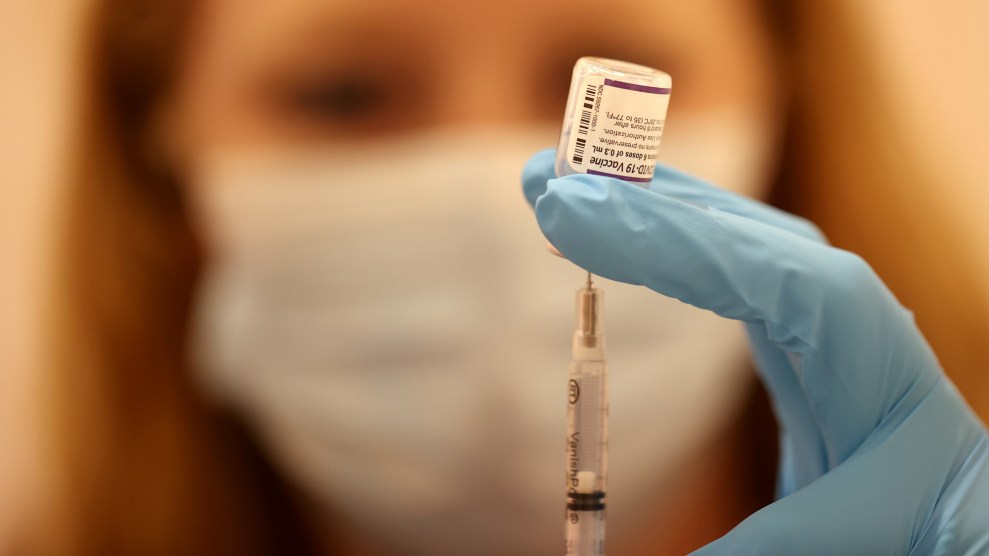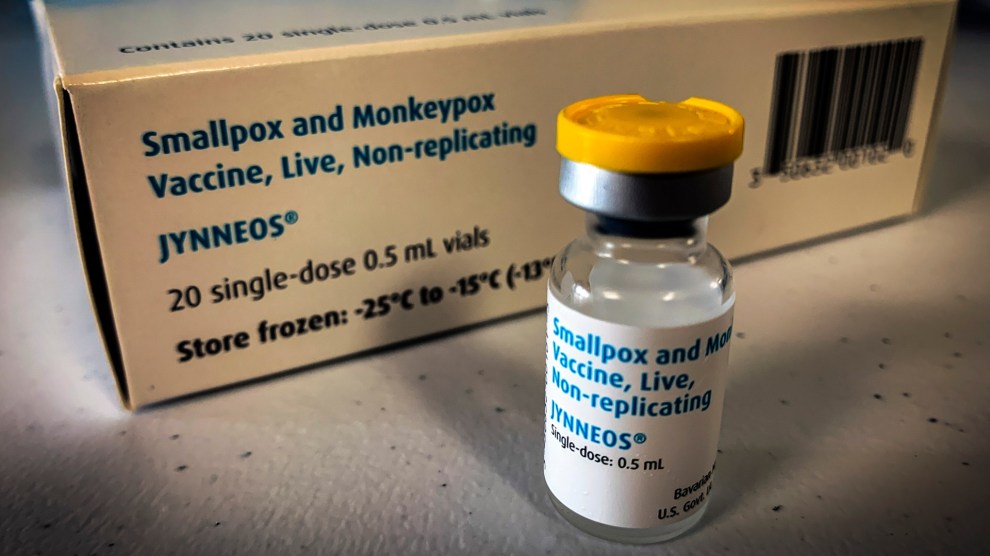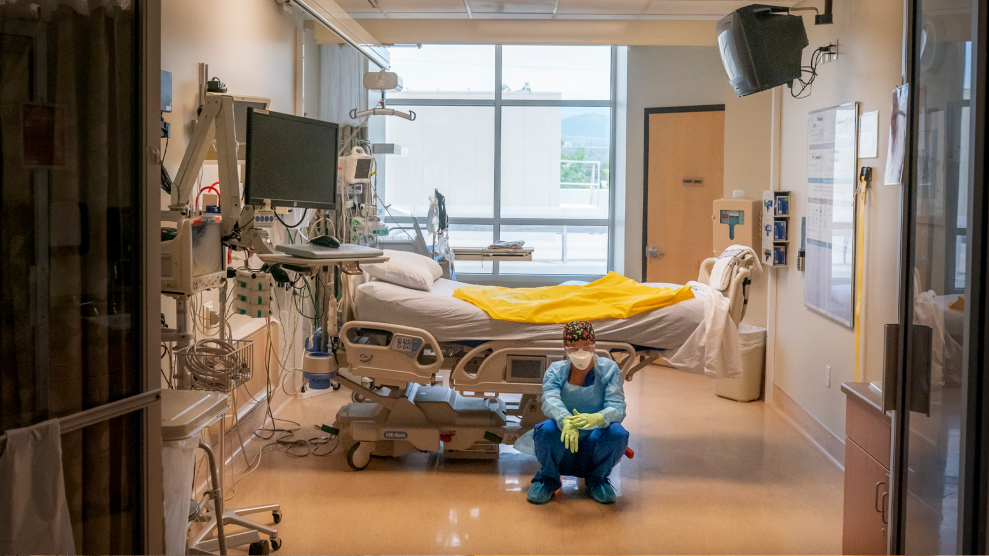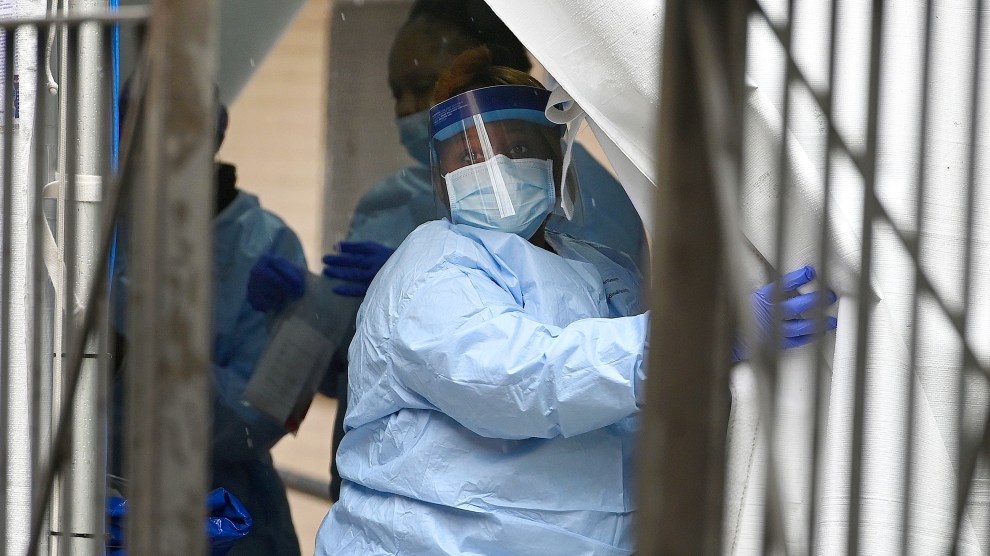
Justin Sullivan/Getty
New, updated Covid-19 vaccine boosters are expected to be rolled out in some places starting today, after the CDC’s vaccine advisory panel and its director, Dr. Rachelle Walensky, gave their sign-off on Thursday to recommend the redesigned shots for most Americans.
The original vaccines and previous booster doses were designed to help our bodies fight the early strains of the coronavirus. But over the last two and a half years, the fast-mutating virus has evolved into more-transmissible variants, and protection from the original vaccines has waned. The new boosters contain biochemical instructions that train the human immune system to counter both the original strain and also—crucially—the two Omicron subvariants now responsible for the majority of new cases in the United States.
The updated boosters will “better protect against the most recently circulating COVID-19 variant,” Walensky said in a statement. “This recommendation followed a comprehensive scientific evaluation and robust scientific discussion. If you are eligible, there is no bad time to get your COVID-19 booster and I strongly encourage you to receive it.”
To get the new booster, you’ll have to have received your last Covid vaccine or booster at least two months previously, according to the FDA. Pfizer-BioNTech’s new version is authorized for people 12 and older, while Moderna’s is only for those over 18. The CDC says it expects to recommend new boosters for children “in the coming weeks.”
As of September 2, according to the CDC’s data tracker, an average of about 400 people were dying of Covid each day in the United States—a rate that extrapolates to 146,000 deaths per year. And 5,100 new patients were hospitalized daily, which extrapolates to nearly 1.9 million annual hospitalizations.
The efficacy of the boosters was evaluated in a manner similar to that of annual flu shots: by injecting them into mice bred to have the same receptors Covid uses to infect humans. Clinical trial data showing how well the shots work in humans isn’t yet available. But the boosters are expected to be a crucial tool in fighting a winter surge. CDC forecasts predicted that making the boosters available to adults this month, rather than waiting until November, would prevent 137,000 new hospitalizations and 9,700 deaths, CNN reported.
Yet the booster rollout is happening amid a drawdown of Covid vaccine infrastructure in many places, as funding dries up for vaccination campaigns, and the American public grows more ambivalent. About 4 in 5 people in the US have received at least one Covid vaccine dose, but just two-thirds are considered “fully vaccinated.” And only half of the latter group opted to get their first booster, much less a second one.

















